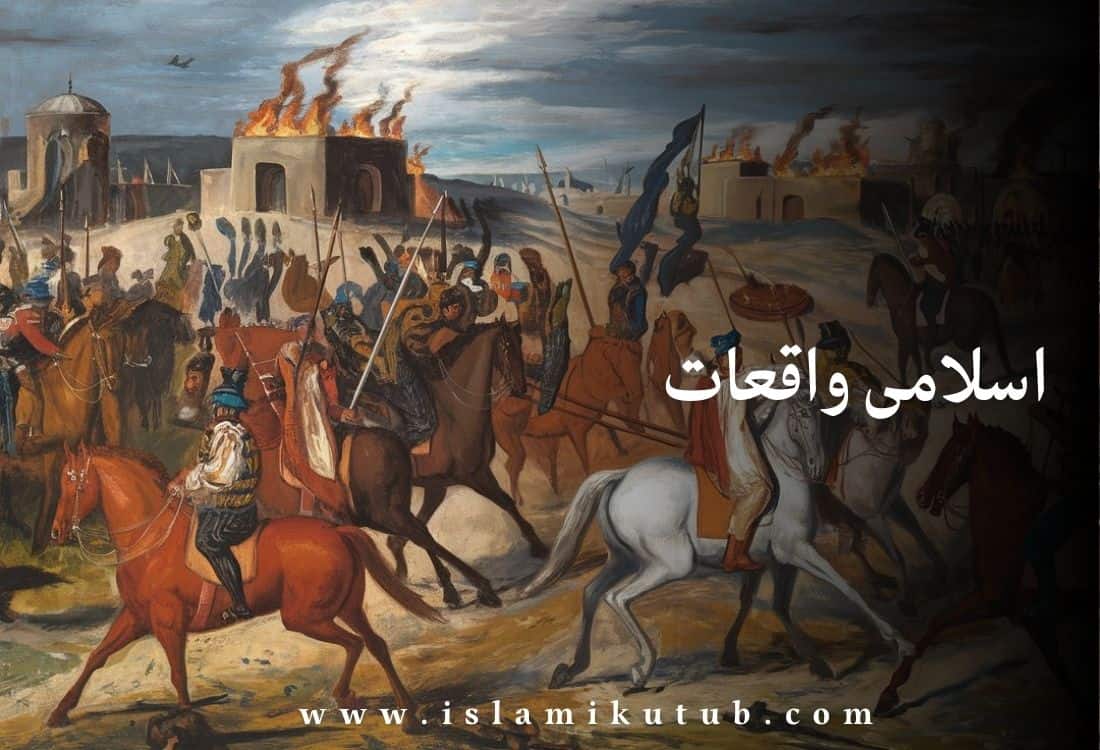Cleanliness in Islam: A Comprehensive Guide
Cleanliness is not just a physical state in Islam; it’s a profound aspect of faith and daily life. In this article, we’ll explore the deep-rooted significance of cleanliness in Islam, how it reflects the religion’s values, and practical steps to maintain it in your daily routine.
The Essence of Cleanliness in Islam
Cleanliness (طَهَارَة, Tahara) holds a significant place in Islam. It’s often said that “Cleanliness is half of faith.” This saying underscores that maintaining cleanliness is not merely about physical hygiene but is deeply connected to spiritual and moral purity. The importance of cleanliness in Islam is highlighted in numerous Hadiths, which emphasize the necessity of being clean before approaching Allah in prayers and other acts of worship.
Why Cleanliness Matters
Islamic teachings on cleanliness encompass a broad spectrum, from personal hygiene to cleanliness of the environment. The Prophet Muhammad (peace be upon him) said, “Allah is Beautiful and loves beauty” (Sahih Muslim). This statement reflects the belief that cleanliness enhances one’s connection with the Divine and fosters a sense of dignity and respect.
Personal Hygiene
Personal hygiene is a fundamental aspect of Islamic life. The practices and rituals associated with cleanliness in Islam are not just about staying clean but also about spiritual purity. Here’s a breakdown:
1. Wudu (Ablution)
Wudu is the ritual washing performed before prayers. It involves washing the hands, mouth, nose, face, arms, and feet with water. This practice is a means of physical and spiritual purification.
Step-by-Step Guide for Performing Wudu:
- Intention (Niyyah): Begin by making an intention in your heart to perform wudu.
- Wash Hands: Start by washing both hands up to the wrists.
- Rinse Mouth: Use your right hand to take water into your mouth and rinse it thoroughly.
- Clean Nose: Sniff water into your nostrils and expel it gently.
- Wash Face: Wash your face from forehead to chin and ear to ear.
- Wash Arms: Wash your arms up to the elbows, starting with the right arm.
- Wipe Head: Wet your hands and wipe over your head.
- Wash Feet: Wash your feet up to the ankles, starting with the right foot.
For a detailed guide on performing wudu, you can visit this Islamic resource.
2. Ghusl (Full Body Purification)
Ghusl is a full-body purification ritual, necessary in several circumstances such as after marital relations, menstruation, or childbirth. It involves a thorough washing of the entire body and is essential for ensuring a state of purity for certain acts of worship.
Step-by-Step Guide for Performing Ghusl:
- Intention (Niyyah): Make a sincere intention to purify yourself.
- Wash Hands and Private Parts: Begin by washing your hands and private parts.
- Perform Wudu: Do a complete wudu as described earlier.
- Wash Entire Body: Pour water over your body, ensuring every part is thoroughly washed.
Learn more about ghusl from this detailed explanation.
Cleanliness of Clothing
Maintaining clean clothing is also essential in Islam. The Prophet Muhammad emphasized wearing clean clothes, which reflects respect for oneself and for those around us. It’s a good practice to regularly wash and care for your clothes, ensuring they are free from impurities.
Cleanliness of the Environment
Islamic teachings extend to environmental cleanliness. The Prophet Muhammad said, “The cleanliness is part of faith” (Sahih Bukhari). Keeping our surroundings clean and free from waste reflects our respect for the environment and aligns with Islamic principles of stewardship.
Practical Tips for Maintaining Cleanliness
Incorporating cleanliness into your daily routine can be straightforward. Here are some practical tips:
- Establish a Routine: Make cleanliness a daily habit by setting specific times for wudu and regular cleaning of your living space.
- Use Quality Products: Invest in high-quality personal hygiene products that align with Islamic principles.
- Stay Informed: Keep yourself updated with Islamic guidelines on cleanliness by consulting trusted Islamic scholars.
Why Invest in Cleanliness Products
Maintaining cleanliness can be greatly facilitated by using the right products. From effective body washes to eco-friendly cleaning supplies, investing in quality products not only makes the process easier but also aligns with Islamic values of purity.
For instance, a good-quality body wash or shampoo that adheres to Islamic principles can enhance your personal hygiene routine. Similarly, using eco-friendly cleaning products for your home can contribute to a cleaner environment, which is in line with the teachings of Islam.
Conclusion
Cleanliness in Islam is more than just a physical state; it’s a reflection of one’s faith and respect for the Divine. By understanding and practicing the principles of cleanliness, you not only fulfill religious obligations but also contribute to a healthier and more respectful lifestyle.
Invest in products that support your journey towards maintaining cleanliness and enhancing your spiritual well-being. Whether it’s personal hygiene items or household cleaners, choosing quality products can make a significant difference.
For more information and to purchase recommended products, visit this link.
Embrace cleanliness as a way of life, and let it be a guiding principle in all aspects of your daily routine.
Read More This Types OF Articles>>>



3 Responses